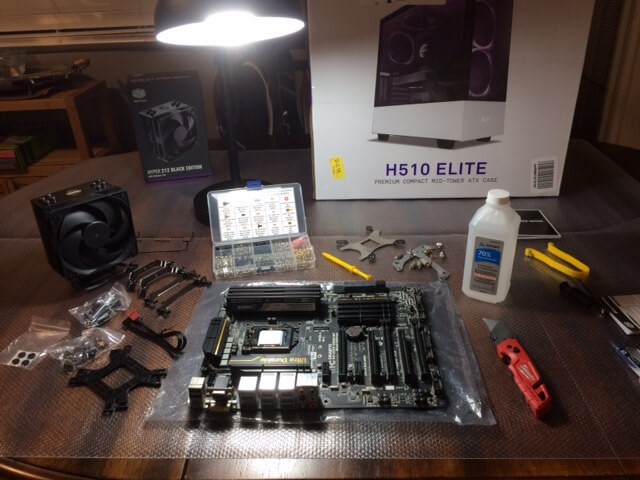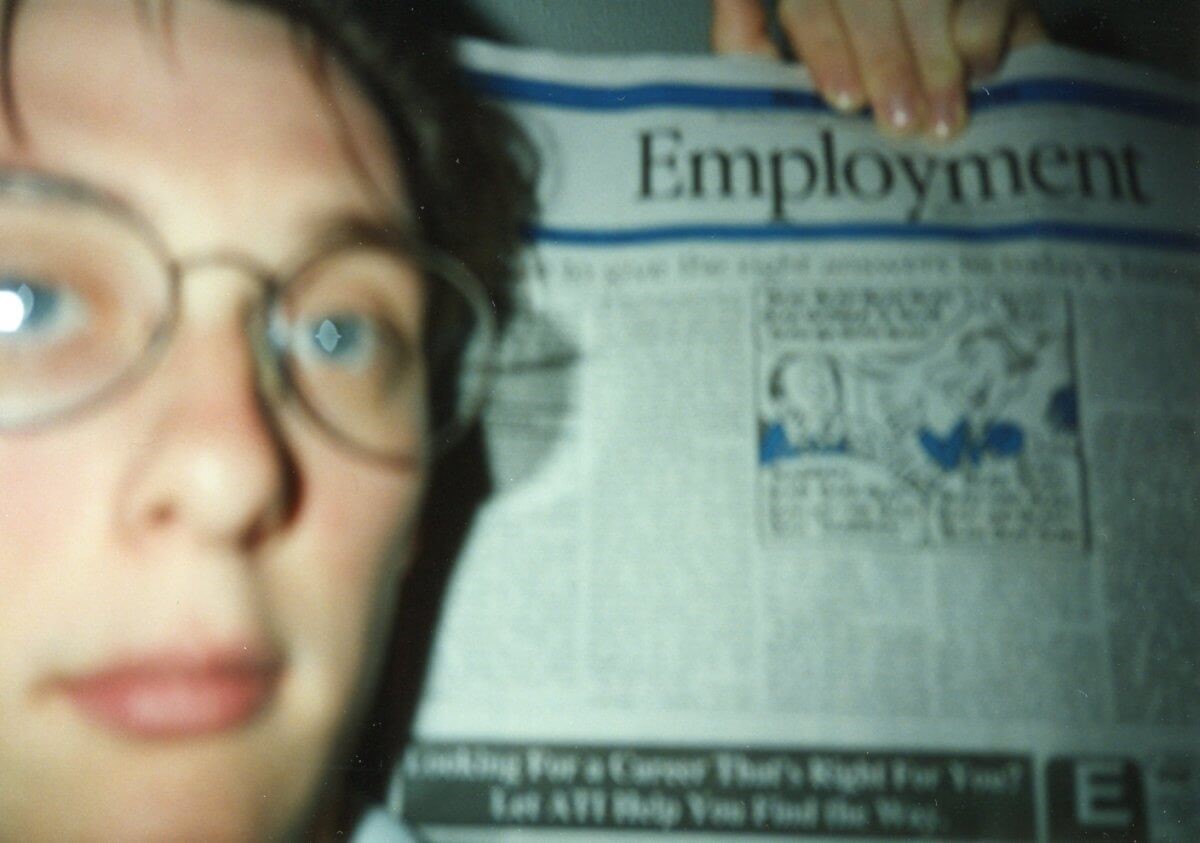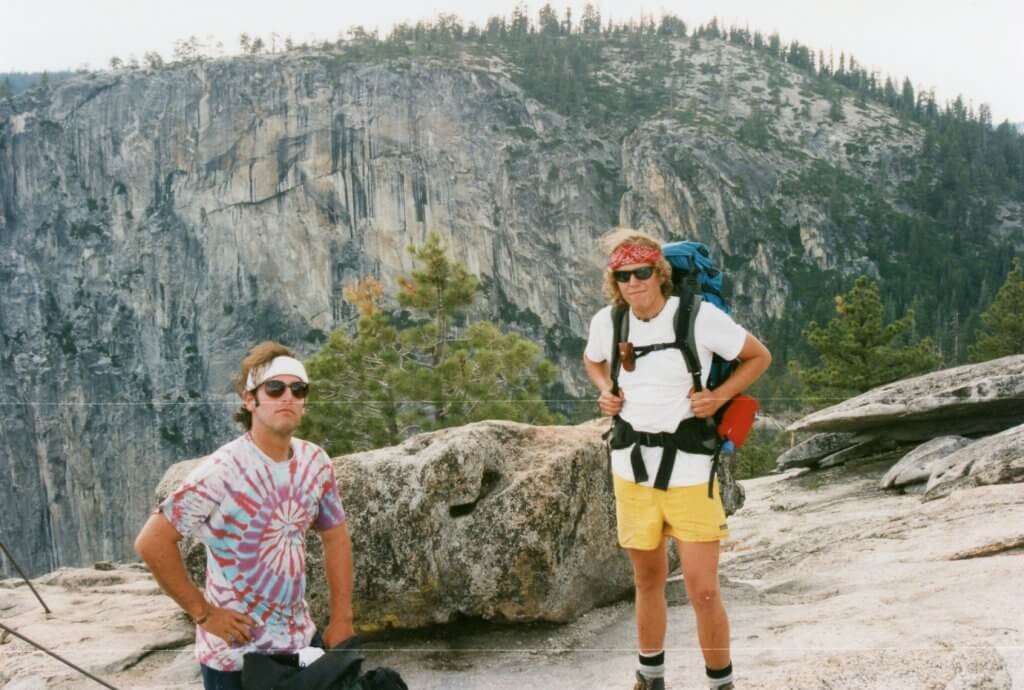Saturday, October 31, 2020
The plane lifted off the runway at Narita with me onboard. There was no going back. I was soaring against a strong emotional headwind: ten years of memories, dozens of tearful good-byes. My wife and kids would stay in Kamakura for a couple more months to conclude the school year, liquidate our household belongings, and move out of the house. On the other side of the Pacific I would start a new job, get settled, and prepare a suitable stage for the next act of our lives.
The plane banked east and leveled off, giving me a clear view of a crimson full moon over Mount Fuji on Halloween night. I had arrived in Japan just before a mega disaster (the great quake of 2011 with the tsunami that killed twenty thousand and the panic over the nuclear plant), and I was leaving during a disaster (the 2020 worldwide pandemic). In between those two disasters had been the best years of my life. So now it felt like I was leaving home and not going toward it.
I had imagined having some emotional reaction to leaving Japan, but instead I was numb. There was just too much to process, a lot of doubt and uncertainty, and too many various emotions weighing me down. For sure there would be many months of hardship ahead. But that was later. For now, I stared out the window at Mount Fuji until dark clouds obscured the view.
NOTE: ten months passed before I could bring myself to write anything about the transition. Part of the delay was due to being busy. (Imagine juggling chainsaws while getting sprayed by a fire hose on a relentless roller coaster ride that lasted for months.) But the bigger reason was that I lacked the emotional energy to re-live the experience in writing. The transition had taken everything out of me. There would be no definite “end” to the effort; but after ten months in America most of the various stressors had tapered off and my creative side began to reemerge. As part of my creative reemergence I wondered how I could get back on track with beneficial tech. What had I overcome? What had I learned? Where would I go from here?
Saturday, August 22, 2021
On paper the goal was straightforward enough: repatriate to the United States after ten years away, and settle my foreign-born family in a home where they could be happy and thrive.
In reality, it wasn’t so simple.
The only way out is through, or at least that was how I saw it. This would be my personal mantra for the better part of a year as I persevered through the most prolonged and intense gauntlet of challenges I had ever endured.
I had already conquered one great challenge, overcoming incredible odds by scoring a job that would allow me to work remotely and leap from working on legacy systems right to the bleeding edge of computing technology, and I had done this from the other side of the world, during a global pandemic. This had required hundreds of hours of research, interviews, and paperwork. Now the next set of challenges would begin.
In my first few days in America I experienced an unexpected euphoria, something similar to vacation, mixed with an unsettling undercurrent of doubt and sorrow.
I stayed with my brother and his family, in the foothills of the majestic Wasatch Mountains of Utah, of all places. I took lots of hikes and explored the mountain trails.
My brother and his wife helped me find a suitable rental house down the street, and I snatched it up, not wanting to spend any more time looking for a place to live.
I started my new job on the second week, working remotely. The first couple of days I was sitting on the floor hunched over my work-issued laptop in an otherwise empty house.
There were the initial trips to big box stores, Costco and what-not, where I bought all the millions of things we’d need to supply a household. We were shipping only clothing and personal items from Japan, but there would be another shipment of furniture coming from Colorado, along with all my other stuff that had been gathering kitty litter dust in my mom’s basement for ten years.
By the second week there was a realization of the tsunami of tasks that would crash down on me in the next few months, and the details were starting to become clear.
Our seemingly straightforward goal had its obvious, ordinary challenges: the coordination of hundreds of details involved in moving from the other side of the world, furnishing a household, unpacking a garage full of boxes, assembling twenty-three pieces of furniture (I kept track), physically squaring things away, and solving all the residual problems that appeared.
The tsunami of ordinary tasks would have been manageable enough by itself, but there were other factors at play.
For most of America the biggest stressors during this time were the COVID-19 pandemic and the social unrest surrounding the U.S. presidential election. I didn’t care much about politics, and a double dose of COVID seemed downright delightful compared to the pack of extraordinary demons on my back.
At first, the worst of these demons was reverse culture shock. It was so severe that I read a book about it, just to understand what was going on. The shock of returning home after a long stay overseas was always more severe than going away in the first place. How could this be?
Homesickness was something else that came along with reverse culture shock, because after ten years overseas the place from which I was returning felt much more like home.
Separation anxiety was another source of stress, especially in the first couple of months when I was away from my wife and kids. As a family unit we had never been apart.
But they weren’t the only ones I missed. In 2010 there had been a single tearful farewell when I left the U.S. for Japan (my mom). In the month before I returned to the U.S. there were dozens of emotional goodbyes, from our large circle of close friends (maybe a sixty people total, including kids), and from many others who I had come to know over the years.
This “farewell month” reminded me that we had been part of something essential to human life, something I had never experienced before living in Japan: a supportive community of associates, family, and friends. Now, in America, where everyone lived in their own isolated enclave, I wondered if I’d ever experience anything like this again.
Financial shock was another persistent demon gnawing at me from week to week. The actual moving costs weren’t too bad, but we spent the equivalent of the U.S. median household income on setting up a home for a family of four.
For many months it seemed the red tape would never end. I paid over US$25K in back taxes due to leaving Japan too early (twenty days before I would have satisfied the physical presence requirement for foreign-earned tax exclusion), and I made the mistake of hiring a bumbling tax account who cost us thousands more than we should have paid.
We were lucky to have the resources to pay all this out-of-pocket, but it still hurt. To mitigate the financial stress I came to think of the transition as the single biggest investment of my life, but what would it yield?
Two of the other demons following me around every day were professional burnout and so-called midlife malaise. On the one hand, it was a miracle I had been able to score a job that allowed me to work remotely, keep my tenure (most notably that sweet time off), and also revive my career. But on the other hand, the past decade of working directly with forward-deployed military overseas had worn me out. In my current frame of mind I did not want a job. Really, nobody did, ever.
Earlier in life I was driven to establish a career, but for the past decade or so it had felt like I was being pushed too much by outside forces, obliged to burn my precious time on this earth fulfilling the requirements and needs of everyone (society, employer, family, whoever) suppressing indefinitely the more creative and optionally less lucrative person I was meant to be. This notion became most intense at midlife. The clock was ticking. There was only so much time left.
On good days “malaise” was an accurate description of my attitude toward what I was required to do for income; but on bad days it was more like existential agony, the stresses of the day narrowing my vision into an endless series of workweeks and meetings that stretched into the horizon to my grave.
The muse defined the person I was meant to be. I was never sure what pronoun to use for my muse, but perhaps feminine was most accurate. The muse should have been an angel, but in a world dominated by time thieves and total work she was just another demon: an annoying, nagging bitch.
To appease her, I continued to write. I had written over a million words in the past decade, a small fraction of which had made it into published works. Throughout the transition I wrote almost daily, filling up a small stack of yellow legal pads with journal self-talk. Now, attempting to write something that other people might actually read was like waking up from a coma and trying to walk.
On top of everything else there was the actual stress of starting a new job, at a time in my life when I least wanted one. This was the hell where all my demons came to play, but somehow it was still preferable to the stress I’d receive over not having a job.
Furthermore this was no ordinary job change. It required major adjustment on multiple levels:
- From having worked with legacy technology, to working with the bleeding edge of technology (requiring intense learning and retooling of skills).
- From having worked a decade as a defense contractor with forward-deployed military overseas, to working in a soft, OSHA-protected corporate culture.
- From having worked at a soul-sucking, windowless data center on a Navy base to working remotely. (The move would have been impossible without this perk.)
- From not having worked not too much to working a lot (for much less pay).
Along with the professional transition came imposter syndrome. All my skills were outdated. It took a half a year or more to prove to myself I was worthy of the job.
Social anxiety was another demon. My natural inclination was to be quiet, imagine and observe. I loved spending time with my family, but didn’t need much more social interaction beyond that. The physical environment of the old job may have been horrible, but its demands on my social musculature had been minimal, allowing me to languish in my comfort zone for years. By contrast my new job required me to speak and present on a weekly basis. It was a major struggle every week.
Family was both the source of great joy and great stress. Kids didn’t stop being kids just because we were in challenging times. There was the continuation of thousands of days and nights of chaos, attending to everyone’s endless needs, and never quite fixing all the stuff they broke. Somehow the kids always reached peak insanity right before bed in the moments when I most needed peace, silence, and rest.
In the first few months, I shouldered all the family organization and errand-running, all while struggling to start a new job and build up a household from scratch. It was months before my wife got a license to drive.
During the first part of the year it also became apparent that my parents (who had been divorced and living in separate states since the 80’s) were probably in their last decade, and this created its own kind of stress. My dad was incontinent, half blind and mentally fuzzy. My mom had a seizure during this time related to a brain tumor that had been removed five years prior. Neither of them needed care-giving help yet, but it wasn’t looking good.
No surprise, I struggled with physical exhaustion. My knuckles required frequent cracking from the moment I had received the job offer in October. This oddity was accompanied by a mild case of arthritis in my arms and wrists and a bad case of tendonitis in my right elbow (after lugging hundreds of heavy objects around in the move, falling down the stairs and smacking my arm on the banister twice).
I hadn’t slept well since the 90’s, which by coincidence coincided with the start of my corporate career. During the transition my insomnia had become extreme, at times medically untenable.
Oh, and then there was the unexpected return of a condition I hadn’t experienced in a decade: mini-blackouts, sudden heart palpitations and loss of breath.
So, to recap, there was the maelstrom of ordinary details involved in moving a family across the Pacific to a land where they had never lived; plus, for me, separation anxiety, homesickness, reverse culture shock, financial shock, midlife malaise, a nagging muse, family issues, the background noise of American politics, a global pandemic, professional burnout, a difficult job transition, imposter syndrome, social anxiety, physical exhaustion, and, finally, what appeared to be panic attacks.
The blackouts and heart palpitations were an obvious sign that something was wrong. I sought help from a speech therapist, as these attacks always seemed to happen while I was speaking to groups of people in conference calls on the new job. The speech therapist recognized a few of my coping mechanisms and suggested I see another specialist. I took some behavioral tests, sat through a couple of interviews with a doctor, and received a medical diagnosis of “high-functioning” autistic.
This label seemed overly optimistic, as I didn’t feel very high-functioning at all, but it did make sense. I had always been overly sensitive to sensory input, obsessed with symmetry, freaking out when the tiniest detail was out of whack.
Now, in this transition, EVERYTHING was out of whack, and there were just too many concurrent challenges, changes, tasks, problems, people, opinions, anxieties, emotions, obligations, details, details, and more details, requiring me to operate far outside my mental capabilities for far too long.
According to the doctor I was experiencing something called autistic burnout (or relapse), that occasionally put me in a very low-functioning state.
The diagnosis created the meta-dilemma of awareness versus the danger of playing the victim card. On the one hand, there was this peculiar assumption that all of us believed to some extent, that any adult should be able to handle anything that came along, and if you didn’t handle it then shame on you. My default stance was to make goals and tackle challenges head on, but it was now clear I was taking on too much.
What I needed was an extended break, similar to what James Bond received in the film Casino Royale (in which he spends months rehabilitating in a lakeside chateau in the Swiss Alps after getting his balls pounded in a gruesome torture scene).
But there would be no luxurious break for me.
The only way out was through.
This paraphrase was taken from the Robert Frost poem, A Servant to Servants. The actual phrase is “the best way out is always through,” and this was still pretty good advice most of the time. I had overcome many challenges, but what had I learned? How did I know when I was “through”?
It was more of a feeling than a definite milestone. For many months I was fighting to get through each day with no clear idea of where I was headed or why. It was like punching a brick wall every day and having no effect. Then one day the wall cracked. Encouraged, I kept punching, until weeks later the wall crumbled to the ground.
No joke, meditation (and the failure to do so) helped. There was no such thing as “enlightenment,” but meditation was a constant reminder that all experience was transitory. It was always possible to begin again.
Daily physical exercise was another key component of getting through. I hiked the local mountain trails and parks in every kind of weather, from blizzard to scorching heat, never missing a single day. One month I walked over one-hundred-fifty miles, much it in inclement weather, on challenging terrains.
Nature was a huge factor to my normalization. Spending time in nature allowed me to reset and temporarily shed those demons off my back. As a family we skied in the winter and hiked in the warmer months. We camped in southern Utah, and for five days in Wyoming, at Grand Teton National Park.
Family support was another a key component to getting through. At the nine month mark we had conquered most of the projects and major tasks on our list. We were starting to meet new friends. The balance of good times with family greatly outweighed any challenges we had.
Most of all, though, it was perspective. Conquering any challenge required knowing why the struggle was necessary in the first place. In my case, I returned to my journal entries of two years past, to the part where my wife and I met for a date night at a beer garden in the bowels of Yokohama Station to discuss our future plans. There in a journal entry dated August of 2019 were the reasons we were enduring this transition in the first place: the dreams we had for our kids’ futures, and the employment situation I was trying to escape.
Japan would always have a special place in my heart. I loved Kamakura and the Shonan Coast. We could have stayed there forever, but my soul would have continued dying a slow death at the place I was required to exist in exchange for money.
My journal contained the breadcrumbs that were key to my eventual survival, all thanks to the muse. She was no nagging demon, but an angel after all.






